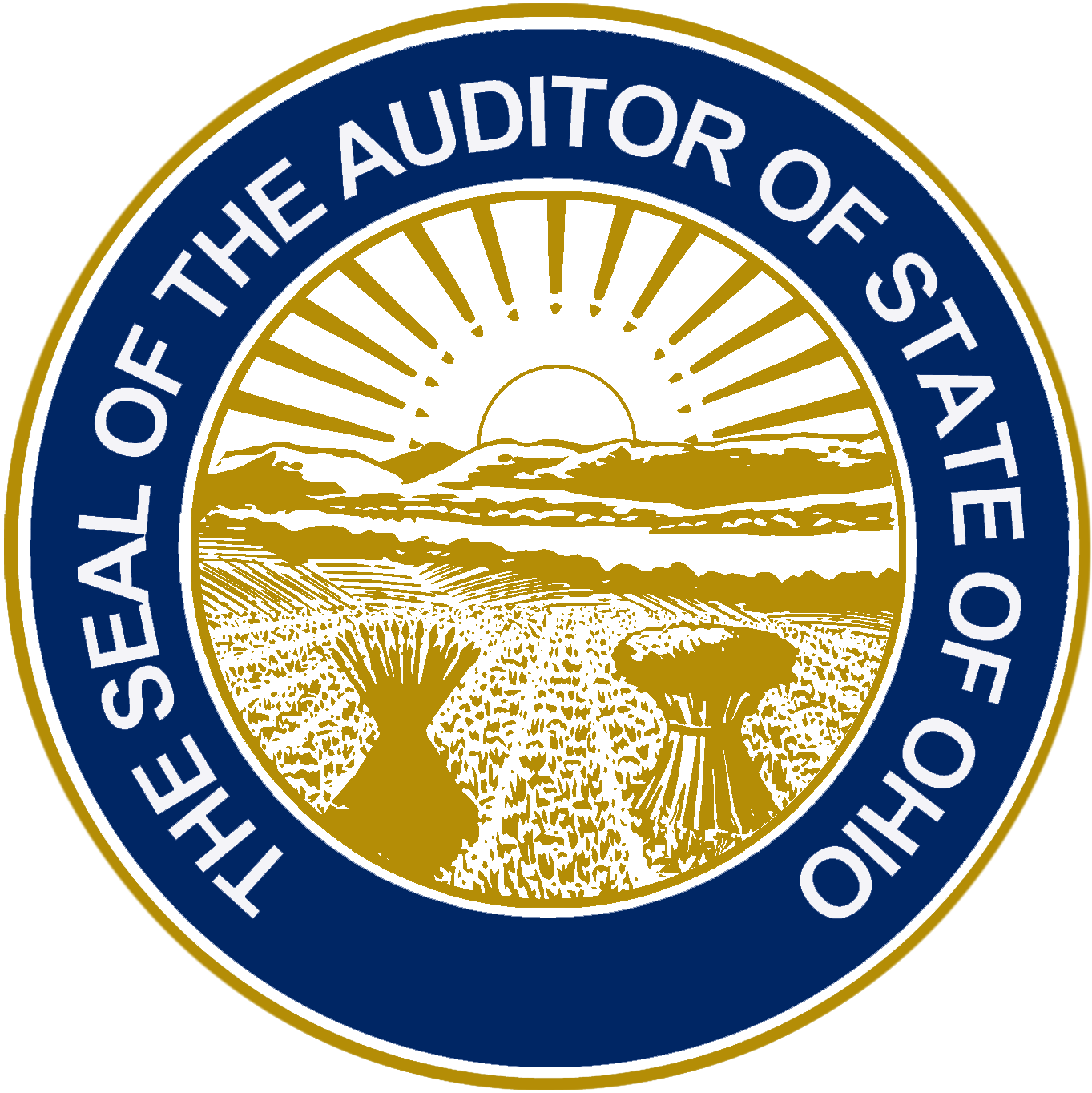
Press Release • Ohio Auditor of State
ECOT Audit Findings Prompt Statewide Review of E-School Data Capabilities
Columbus – State auditors found the Electronic Classroom of Tomorrow did not have adequate systems in place to capture the specific amount of time students spent engaged in learning, a finding that constitutes a material weakness in the online charter school’s financial controls.
The Auditor of State’s finding is contained in the annual financial audit of ECOT. Such an audit is a separate procedure from the Ohio Department of Education’s (ODE) full-time equivalency (FTE) audit which occur every five years.
Today’s ECOT audit results, along with ODE’s FTE reviews at ECOT and at other e-schools, prompted Auditor Dave Yost to direct his staff to conduct an expanded statewide audit to examine what documentation these schools are capable of capturing. The statewide report will be released later this year.
In conducting its financial audit of ECOT, state auditors tested the systems in place at the state’s largest virtual school during the 2015-16 school year and found the systems were not designed to capture the amount of time a student is actively logged into the system – durational data now required by ODE to show precisely how much time each student spent learning. Durational data has not been ODE’s standard for funding ECOT or other virtual schools in the past. Previously, ODE used enrollment and certifications by teachers to determine funding.
“Under these new standards, ECOT and many other e-schools will struggle to comply, and all are likely to owe something to the state,” Auditor Yost said. “There are other steps yet to occur in the legal system, including in the Court of Appeals and at the state Board of Education. Ultimately, the legislature may need to consider whether duration is the appropriate measure for funding an e-school.”
ODE conducted its five-year review of ECOT in July and determined the online school could not provide data showing the duration of each student’s educational engagement. ODE informed ECOT of its results of the full-time equivalency (FTEs) review in a letter dated Sept. 26, 2016. ODE noted in the letter that it was able to match 706 records provided by ECOT, but said there was data to support only 170.1 FTEs of the 414.35 FTEs the school claimed. The department later told ECOT it must repay approximately $59 million. ECOT has appealed that ruling to the Ohio Board of Education and to the Tenth District Court of Appeals.
In the Ohio Auditor’s annual financial audit, conducted after ODE completed its review, auditors identified records documenting student engagement that were not reviewed by ODE. Auditors found that ECOT was able to collect information from only 25 out of 50 software vendors it uses to provide learning opportunities to students, some of which were not considered by ODE. ECOT also allowed students to use approximately 120 digital applications to assist in learning, but was unable to collect any duration of time data from the vendors. While ODE may have accepted manual tracking of hours spent on learning opportunities as a substitute for the time spent on the computer, ECOT told auditors it did not have a manual tracking process in place during the audit period under the belief ODE would accept the teacher certifications it had accepted in the past.
As standard practice, state auditors do not audit the calculations made by ODE in determining the amount of funding a school must repay because ODE is the funding authority. Rather, state auditors test the underlying supporting documentation for compliance with laws, rules and ODE-established guidelines.
Auditors concluded that ECOT’s inability to capture duration data constituted a material weakness. A material weakness is a deficiency, or a combination of internal control deficiencies, resulting in a reasonable possibility that an internal control will not prevent or detect a material misstatement of an entity’s financial statements in a timely manner.
A full copy of this report is available online.
###
The Auditor of State’s office, one of five independently elected statewide offices in Ohio, is responsible for auditing more than 5,900 state and local government agencies. Under the direction of Auditor Dave Yost, the office also provides financial services to local governments, investigates and prevents fraud in public agencies and promotes transparency in government.
Contact:
Beth Gianforcaro
Press Secretary
614-644-1111